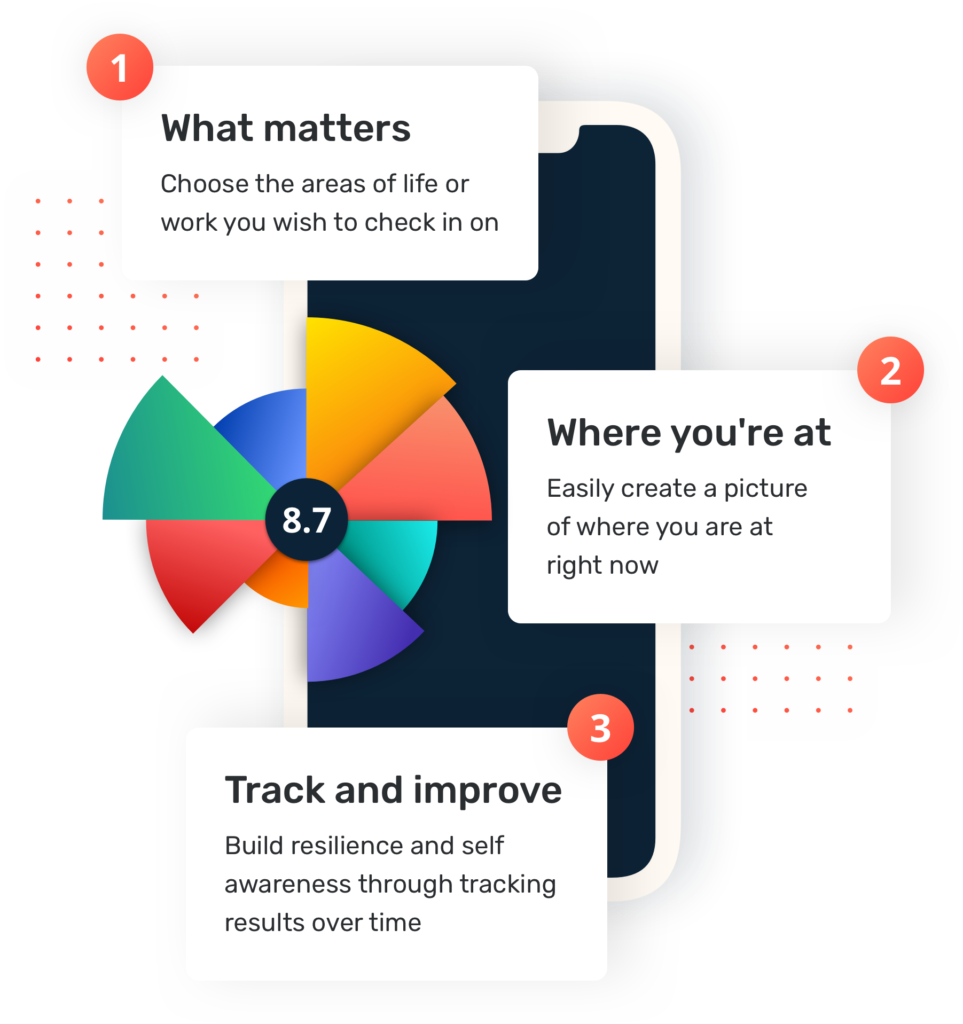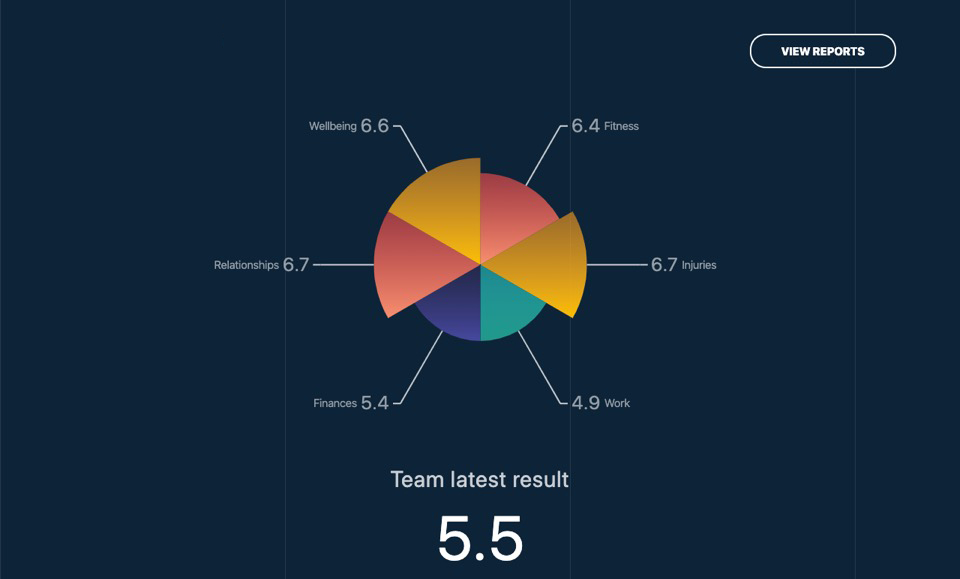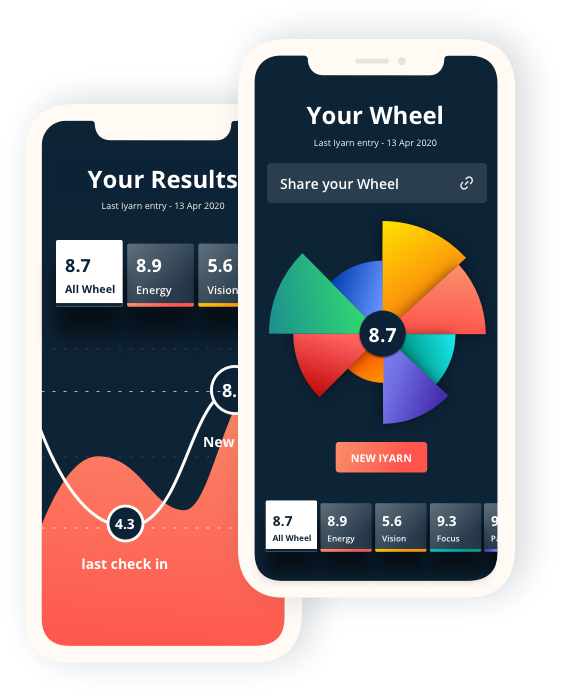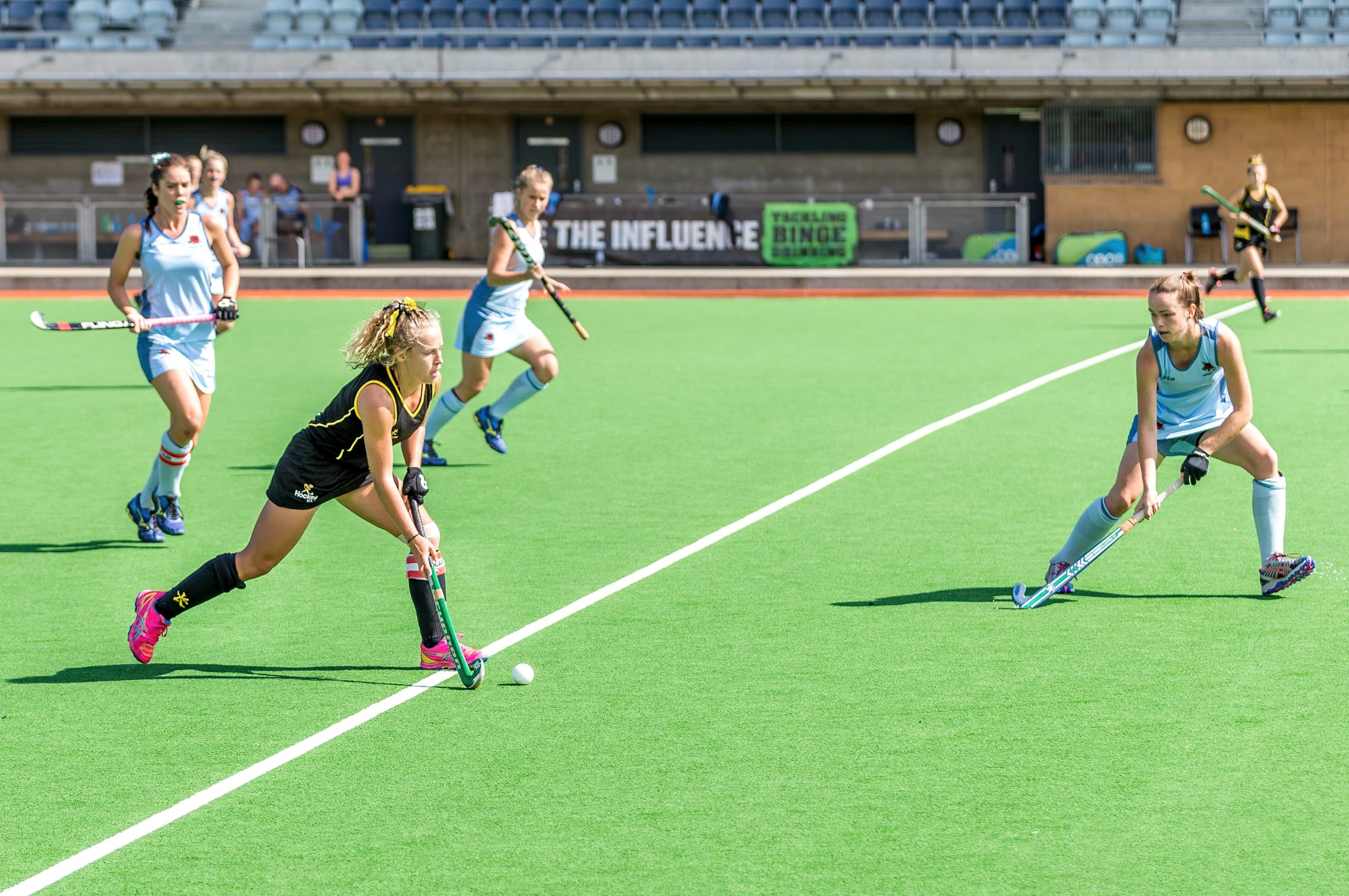Player Engagement: A Competitive Advantage for Hockey Clubs
Hockey is extremely popular, with an estimated 3m players worldwide! Creating a winning club isn’t easy with all that competition.
Player engagement and motivation is one of the keys to success for any hockey team or club. Motivated players train harder, work through difficulties and maintain their commitment. It’s a more enjoyable experience, for players and the team, to play with others who are engaged and motivated.
And it a virtuous circle: once you get started, it’s easier to take the next step forward as a group. You’re also more likely to attract other motivated people.
Engage with Your Players about the Game… and Much More.
There are many important parts of player engagement. Professional levels of sport often look at on-field considerations AND off-field considerations, and it’s a mindset that can be applied right down to amateur levels.
Consider the following tips for a holistic discussion on player engagement:
Understand Player Enjoyment of Playing and Training
This one is pretty obvious. Is it enjoyable to train and play in the team? Lack of enjoyment can actually reduce the motivation to succeed.
Engage Player Discussion on Sleep, Nutrition, Recovery and Life Outside Hockey
There is so much more to game-day performance than simply doing the drills. Sleep, nutrition, stress at work or from other relationships, and injuries are all major inputs to a player’s performance.
Ask Questions About Mental Health
Even when everything seems like it’s going alright, players can experience mental health challenges. Create a safe space to have these discussions.
Consider the Team’s Direction and Atmosphere
Is the team making progress throughout the season? Do your leaders promote positivity? These considerations are often largely outside of a player’s direct control but have a huge impact on player engagement.
Check in on the Club’s Environment
Is the club providing the right space for its players to perform? Are facilities up to standard, and do the coaching staff play their part in achieving the maximum potential of the group?
The Role of Hockey Clubs and Team Leaders in Supporting Player Engagement
There are thousands of hockey clubs across the world. England, Scotland and Netherlands were early to the game of hockey, but it’s now India’s national sport and common across Australia, Germany, Pakistan, Canada, the United States, Spain, New Zealand, China and more.
Hockey clubs are obviously very important to a large number of people. They’re full of people you see regularly and hold a common interest with. These clubs are a huge part of our lives during the season.
Hockey clubs and the leaders of these clubs have a role to play in supporting the engagement of their players. This can be done by:
- Setting goals and celebrating the wins, whatever they are – set some goals and make sure there will be something to celebrate. Process-related goals can be even more important than outcomes like winning.
- Encouraging two way communication and empower your players – listen to your players and tap into their ideas.
- Recognising diversity and embracing flexibility – not every player thinks about the game or training for the game in the same way. Find what works for the group you have. This is a core tenet of Athlete Centred Coaching.
- Creating the right environment – ensure your facilities foster positivity. Small changes can make a huge difference. Your coaching and management can help players immensely by providing a supportive vibe and consistency.
- Striking the right balance of competition and participation – the club might not be winning every game, but there are always some positives.
- Avoiding an over-emphasis on failure – fuel the motivation to improve by focusing on the positives and what needs to change in the future, rather than past failures.
- Making it fun – don’t overload players with an impossibly high standard and don’t forget to take some time out to enjoy the experience.
While training and competition might have been interrupted during the COVID-19 Pandemic, sporting clubs have been urged to take a particularly active role in supporting their players and members during this time. If ever there was a time to lift your club’s player engagement and focus on mental health, the time is now.
Get Help to Engage Your Players
iyarn is a free app that’s been built to help people connect to themselves and others. iyarn is really well suited for hockey clubs, coaches and captains to talk about the health and wellbeing of their players, or the progress of the team / club.

iyarn supports groups to develop their own skills to connect and support each other.
How can Technology like iyarn Help?
An iyarn check-in is a catalyst for conversation and an opportunity to explore how the players are feeling. iyarn allows you to:
- Quickly collect data from a hockey team
- Initiative conversations on topics that matter
- Monitor data for trends over time
This data quickly builds up. It’s useful for personal reflection, but the primary reason for completing this wheels is as a discussion point with trusted friends, coaches and peers.


iyarn works fantastically with coach-player one-on-ones. Pair iyarn with WhatsApp or Messenger video calls, and you’ve got a tool for keeping engaged with your club, even in self-isolation and times away from the pool.
Tips to Make the Most of iyarn
iyarn is all about unlocking good, honest conversation between people.
In general, the tips for using iyarn as a spark for conversation in clubs are:
- Talk about the positives.
- If people are comfortable, talk about the negatives. Note this may take some time.
- Talk about progress over time.
- Talk about actionable next steps that’ll help to improve ratings.

Get Your Players Talking
It’s easy to set up an iYarn ‘wheel’ to check in on the netball players in your club or team.
If you’re the first in your club, login and build a wheel by downloading the app from App Store (for iPhone) and Google Play (for Android) or use iyarn’s web app if you’re on a desktop. Set up a wheel in a few clicks and then share it to the people you need to check in with.
Check out our slightly longer guide to implementing iyarn in your sporting club here.
Best of luck!




